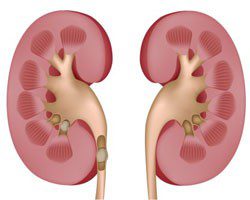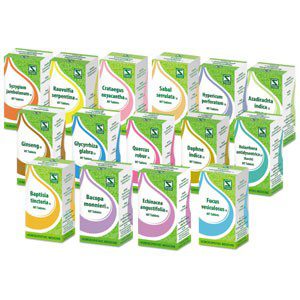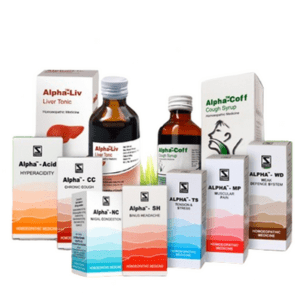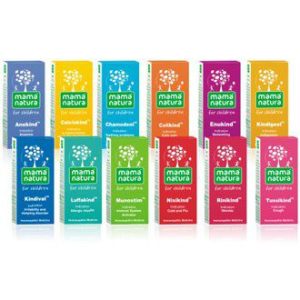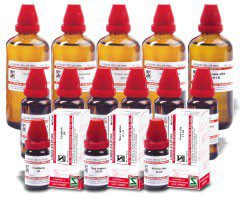Doctors Zone
Journal (JEBH)
Alpha™- Liv Drops
Alpha – Liv Drops Due to high demand from the market, for a formulation in drops for the liver, apart from the syrup already available in the market, Schwabe India developed this product. Introduction The liver plays a key role in metabolism. It has anabolic and catabolic, exocrine and endocrine functions. The liver is a blood reservoir, filter and store of different substances (e.g. glycogen, vitamins). It is the site of serum protein (e.g. albumin, prothrombin, fibrinogen) and enzyme synthesis. Metabolic processes (e.g. bilirubin, hormone, carbohydrate and lipid turnover) and the removal of toxic products are important liver functions. 1 Hepatotoxins (e.g. alcohol, tetracycline, acetaminophen, fungal toxins, and anabolic steroids) can cause specific damage to liver cells. Toxic hepatitis may be clinically silent or severe enough to lead to the rapid development of hepatic failure. Clinical features include hepatomegaly, enzyme abnormalities, fever, abdominal pain, anorexia, nausea, vomiting and weight loss. In patients with underlying cirrhosis, manifestations of portal hypertension may predominate. Aversion to fatty food, abdominal discomfort, nausea and vomiting after meals may be symptoms of 2 cholelithiasis. Jaundice results from accumulation of bilirubin. It has non-hepatic as well as hepatic causes. Hyperbilirubinaemia may be due to abnormalities in the 3 formation, transport, metabolism or excretion of bilirubin. TM Alpha -Liv Drops aids recovery and normalisation of liver functions. Severe liver disease needs specialised treatment. Indications: Slow liver functions, fatty liver, and for supportive treatment of hepatocellular jaundice and toxic liver damage.

Schwabe News-July to Dec 2018-Mother tincture info-Boldo
MOTHER TINCTURE INFO
BOLDO
INTRODUCTION
Boldo is an evergreen tree or large shrub, native mainly to Chile and also found in other parts of western coast of south American continent. It is strongly aromatic, multi-branched, evergreen shrub. It contains about 0.7% isoquinoline alkaloids including boldine as well as volatile oils and flavonoids. These stimulate liver activity. It is covered by both Homoeopathic Pharmacopoeia of India and German Homoeopathic Pharmacopoeia. Its homoeopathic mother tincture is prepared from leaves.

It is a mild urinary antiseptic. It is indicated for atony of bladder, cholecystitis, biliary calculus, loss of appetite with bitter taste, hypochondriasis, constipation, congested or sluggish liver, burning weight in liver and stomach; painful hepatic diseases and disturbed liver functions after malaria. It possesses diuretic and stimulant properties due to the volatile oil. It has weak local anaesthetic properties. Recent studies have established its anti-inflammatory properties on acute inflammatory process. Further it has exerted a significant hepatoprotection by reducing the lipid peroxidation and the enzymatic leakage of LDH; this in vitro efficacy was reinforced by a significant hepatoprotection on CCl4-induced hepatotoxicity in mice. Boldine is an effective antioxidant in both biological and non-biological systems which has opened up the perspective of a broad range of uses in medicine. Its antioxidative properties situate it as a potentially useful substance in many disease states featuring free-radical related oxidative injury. Another study in mice confirmed its role in atherosclerotic lesion.
Indications: To manage the symptoms of gall bladder stone, liver malfunction, constipation, etc.
Schwabe’s Boldo Ø can be used alone or as supplement to other medicines.
Dosage: Unless otherwise prescribed, 10-20 drops 2-3 times a day, depending upon the case. If complaints are not relieved, consult a specialist.
Side effects: No side effects of Schwabe’s Boldo Ø are known in therapeutic doses. It is to be avoided during pregnancy and lactation.
Contraindications: No contra-indications for the use of Schwabe’s Boldo Ø are known.
Interactions: No interactions between Schwabe’s Boldo Ø and other products are known.
Presentation: Bottle of 30ml.
Recent Advancements in Basic Homeopathic Research – A Report on Two Significant Publication
In a study conducted at the Experimental Farm of the State University of Santa Catarina, Brazil, researchers investigated the impact of homeopathic treatments on piglets during the nursery phase. The study aimed to determine whether homeopathic agents could reduce fighting behavior, improve growth performance, and affect hematological, metabolic, and oxidative variables. The study included 108 weaned piglets divided into four groups: a negative control group receiving only the basal diet, and three groups receiving different homeopathic treatments at varying dosages.
Journal of Evidence Based Homeopathy Volume: 1, Issue: 1, January - June 2023
Comprehensive articles

Agrohomeopathy – A Review
Short cases

Unmasking the Intricacies: A Pyogenic Abscess Case Report

Lichen Simplex: A Singular Case Study

Ranula Unveiled: A Case Report and Management Approach

Lichen Simplex: A Singular Case Study

A Puzzling Presentation: A Case Report of Jaundice
Recent provings and updated materia medica

Acidum Formicum

Mygale

Thea Chinensis
Materia medica on phytohomeopathy

Chrysarobinum

Sanguinarinum nitricum

Thiosinaminum
Mother tincture

Asparagus Officinalis

Ginkgo Biloba

Rosmarinus Officinalis
Product watch

Alpha™- Liv Drops

Good Morning™ Constipation Drops

Zauber™ Hair Drops
Research News











